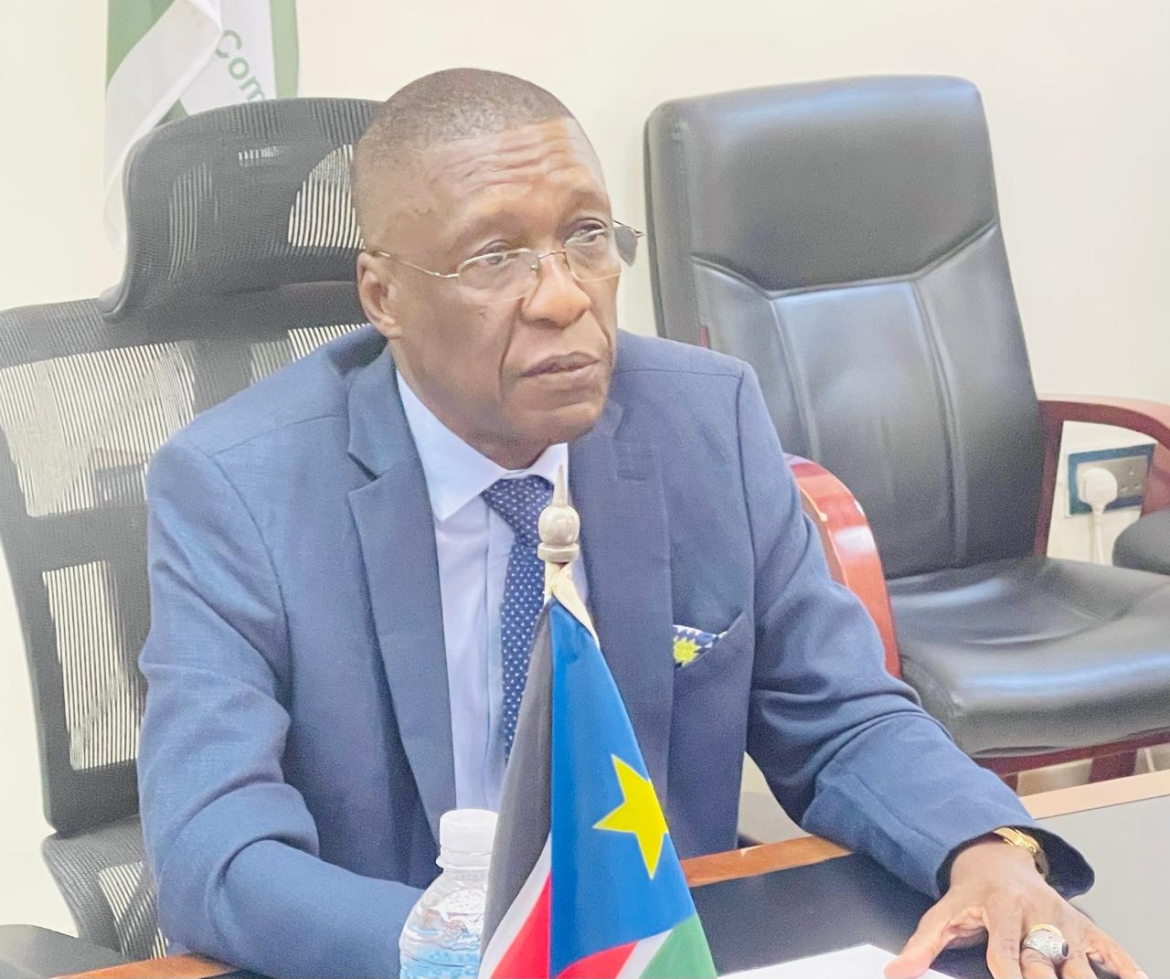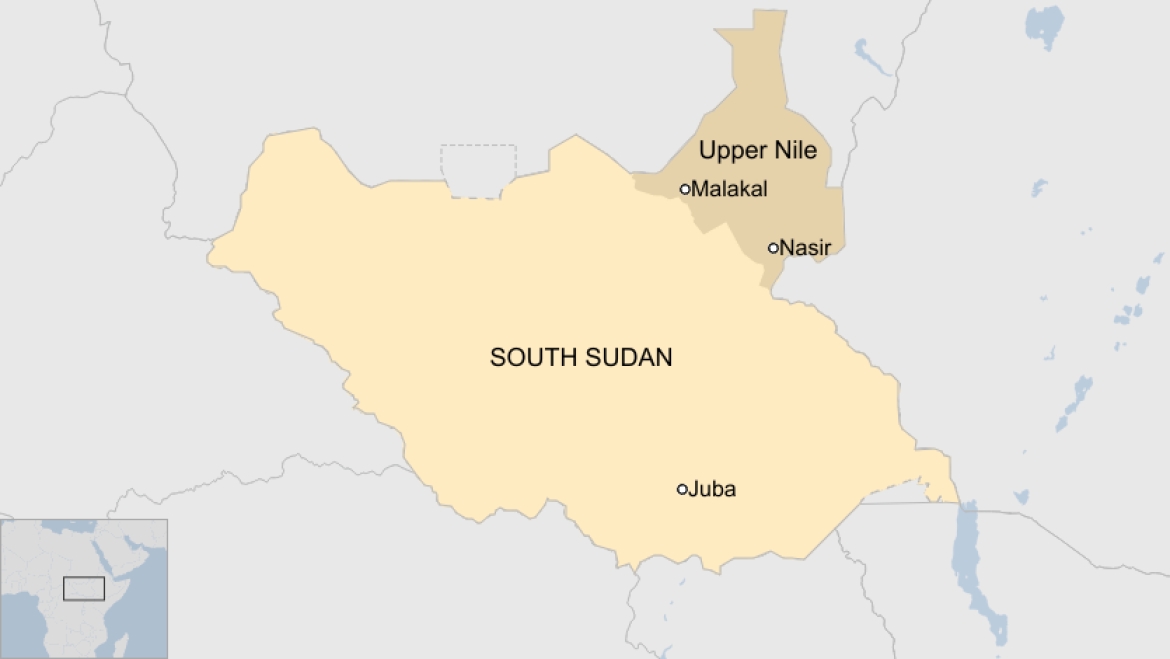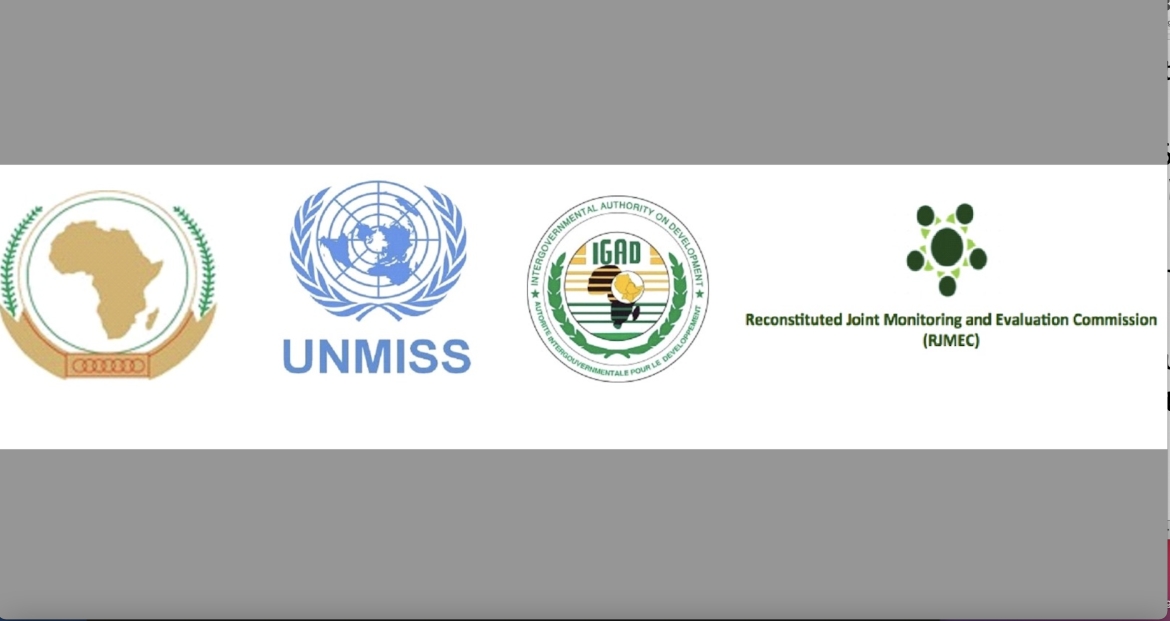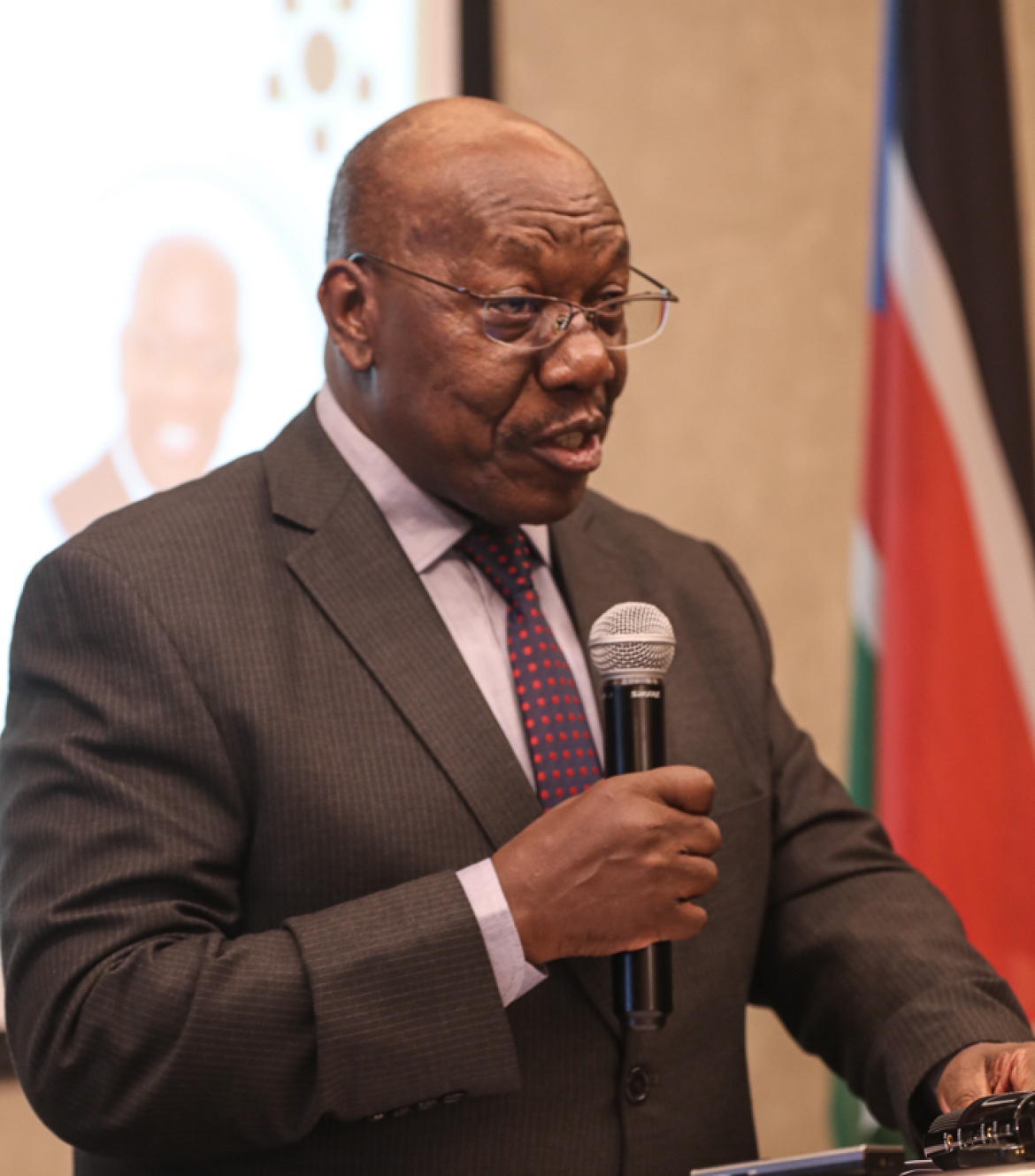RJMEC convenes an extraordinary Plenary; focus on funding and security arrangements
The Reconstituted Joint Monitoring and Evaluation Commission (RJMEC) has on Tuesday convened in Juba an extraordinary meeting to discuss funding and other challenges facing the implementation of the revitalized Agreement during the pre-transitional period.
The convening of the meeting follows a resolution reached during the 3rdPlenary of the RJMEC, held last month.
The objective of this meeting was to discuss among other things, financial constraints and other challenges impacting on the smooth implementation of the tasks and activities of the various agreement institutions and mechanisms, as well as to discuss ways forward.
The meeting also discussed plans and progress regarding cantonment, training, and the unification of forces and how to expedite the reconstitution of the Disarmament, Demobilization and Reintegration (DDR) Commission.
Speaking during the opening session of the extra-ordinary meeting, RJMEC Interim Chairperson Ambassador Lt. Gen. Augostino Njoroge said: “Over the course of the last few meetings, and in other consultations I have held with the various Agreement institutions and mechanisms, the issue of funding has loomed large in the discussions.”
“We are all aware that security is an essential component of the Pre-Transitional period, and therefore understanding the progress of cantonment in particular would be beneficial to all,” he added.
“Are the sites fully designated? What resources are needed for cantonment’s successful and timely completion?” he asked.
He reiterated that the National Pre-Transitional Committee (NPTC) and the incumbent Transitional Government of National Unity (TGoNU) take a lead in mobilizing requisite resources for implementation, establish effective mechanisms for disbursing funds, and support mechanisms of the Agreement to carry out their tasks.
In addition, he appealed to partners and friends of South Sudan to support the implementation of the Agreement.
He said, “the more implementation of the peace agreement is owned by the people and government of South Sudan, the greater the chances of its success.”
“I have been equally clear about security arrangements. Ensuring that all the security institutions and mechanisms function in harmony is of critical importance, not least because of the imminent need to unify the forces,” he said.





